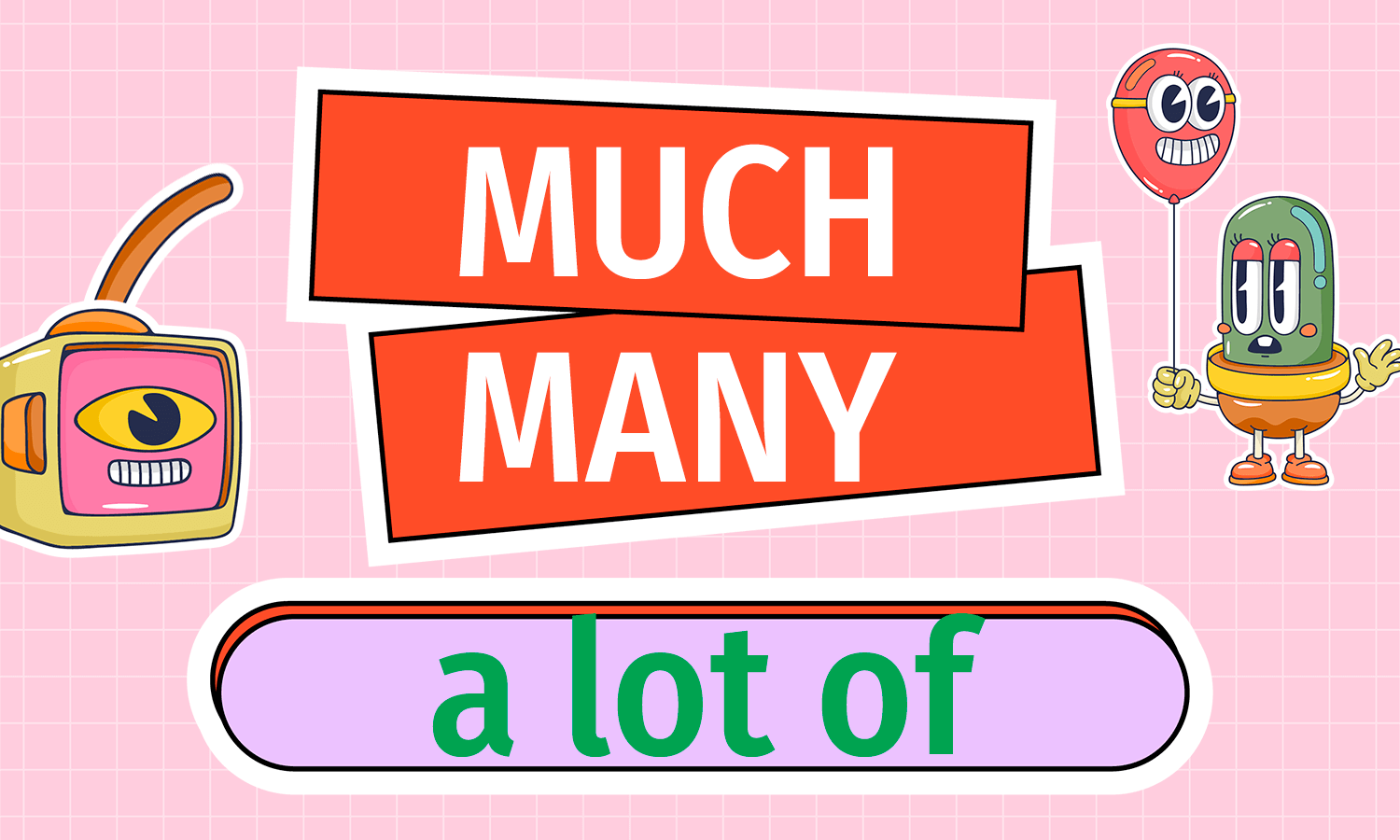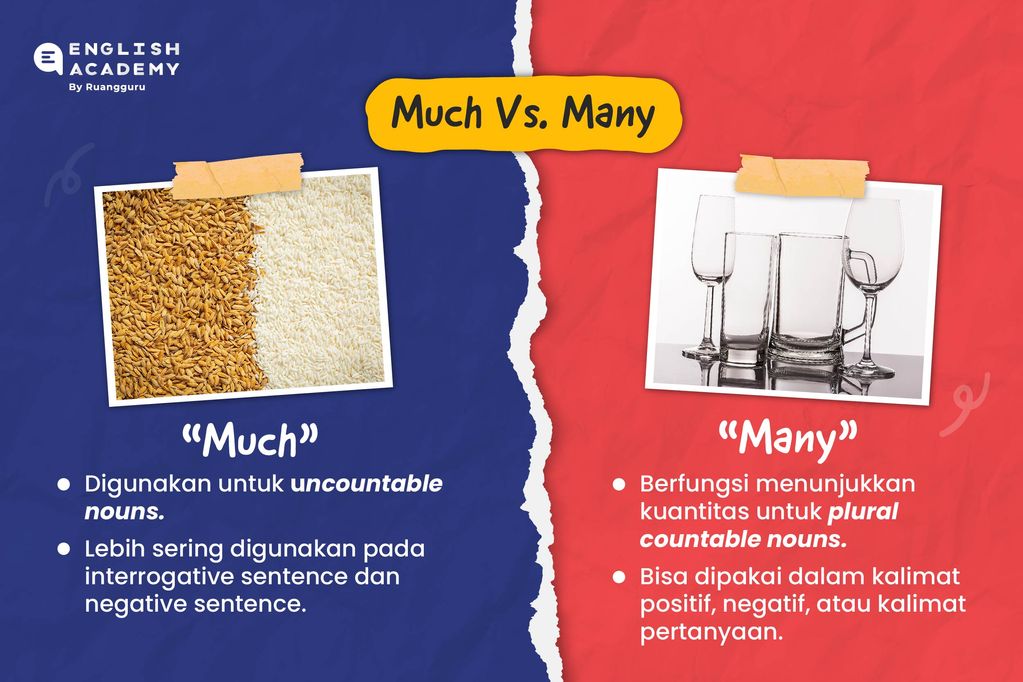How Much Is A Horse? Your Guide To Equine Costs
Thinking about bringing a horse into your life is, you know, a pretty big deal. It's a dream for many, but the question of how much is a horse often comes up first. You might be wondering about the initial price tag, or perhaps what it takes to care for one day after day. This kind of planning, really, helps a lot of people make good choices.
Figuring out the money side of horse ownership can, as a matter of fact, feel a bit overwhelming. There are so many things to think about, from the actual purchase to all the things they need later on. We get it; it's easy to get lost in all the little details that go into calculating how much you should expect to spend.
This article, actually, puts together a practical guide for you. We will look at what it costs to buy a horse and then what you need for annual upkeep. It's about getting the full picture, you know, so you can plan things out well.
- David Bromstad Married
- Cast Of Kpop Demon Hunters
- Bhad Bhabie Net Worth
- Filmyfly 4
- Who Do You Think You Are I Am
Table of Contents
- Understanding the Initial Horse Price
- Beyond the Purchase: Immediate Upfront Expenses
- The Annual Cost of Horse Ownership
- Making a Budget for Your Horse
- Frequently Asked Questions About Horse Costs
Understanding the Initial Horse Price
When you first ask "how much is a horse," you're probably thinking about the buying price. This part, honestly, can vary a lot. Our text tells us that horses can cost between $500 and $3,000. This range, you know, covers many different types of animals.
A bigger budget, it's pretty clear, gives you more choices. You might find a horse that fits your needs more easily with more money to spend. The actual purchase price, for example, can go from free all the way up to hundreds of thousands of dollars. It really depends on what you are looking for.
Factors That Change the Price
Many things, actually, play a part in how much a horse costs. Our information points out several key factors. These include the horse's pedigree, which is its family background, and its performance record. A horse that has done well in competitions, for instance, might cost more.
- Minecraft Cherry Blossom House
- Huge And Natural Boobs
- Kanye West And Bianca Censori
- We Were Liars Cast
- How Many 0 For Billion
The horse's temperament, or its personality, also matters a lot. A calm and well-behaved horse, you know, could be more sought after. Factors such as breed, age, and training also play significant roles. The intended use for the horse, like if it's for riding or breeding, makes a difference, too.
The level of training a horse has received, as a matter of fact, can really change its price. A horse that is ready to compete, for example, will have a higher price than one that needs a lot more work. Its lineage and talent, too, are big parts of its value. So, you see, there's quite a bit to consider.
Project Horses and High-Level Prospects
On one end of the spectrum, you could find what people call a "project horse." These horses, you know, might need more training or care. It is possible to purchase one for a thousand dollars or less. This can be a good option for someone with experience and time to put in.
On the other hand, a horse with a strong lineage and proven talent, a real prospect, might cost a lot more. The purchase price, as our text mentions, can reach hundreds of thousands of dollars for these animals. This shows, really, just how wide the price range can be for horses.
Beyond the Purchase: Immediate Upfront Expenses
The initial costs of horse ownership, actually, go beyond just the purchase price. You need to think about other immediate expenses right away. These are things you need to get set up even before the horse arrives, or very soon after.
For example, veterinary exams are a must. A vet needs to check the horse over to make sure it is healthy. This helps avoid surprises later on. Our text, you know, points this out as a key upfront expense.
Then there is tack and equipment. This includes things like a saddle, bridle, and grooming tools. These items, as a matter of fact, are necessary for riding and caring for your horse. Understanding these upfront expenses, really, helps you prepare financially and avoid any unexpected costs.
The Annual Cost of Horse Ownership
Once you have your horse, the costs don't stop there. The annual cost of owning a horse is another big part of the picture. Our information estimates this to be between $3,500 and $11,000 for one year. This figure, you know, is an average across all 50 states.
This yearly expense covers many things, like food, shelter, and routine vet care. It also includes things like farrier visits for hoof care. These ongoing expenses, as a matter of fact, are a constant part of horse ownership.
Why Annual Costs Are Hard to Pin Down
It is hard, really, to give a completely accurate estimate for annual costs. This is because of all the different kinds of horses out there. They require different levels of care, and they live in different places. These factors, you know, make a big difference.
For example, a horse used for competitive riding might need more specialized feed and training than a pasture companion. The cost of hay, too, can change a lot depending on where you live. This means, in some respects, that your actual costs could be higher or lower than the average.
How you care for your horse, and where you live, really, impact the total. A horse kept at home, for instance, might have different costs than one boarded at a stable. These variations, as a matter of fact, mean you need to look at your own situation carefully.
Long-Term Commitment and What It Means
Horses can live to be about 33 years old, which is a pretty long time. This means that they require a much longer and more expensive commitment than other pets. It is, frankly, a decision that lasts for decades.
There are several costs to consider when taking care of a horse for that long. Over 30 years, those annual expenses add up significantly. Planning for this long-term commitment, you know, is a very important part of responsible horse ownership. It is not just a short-term thing.
Making a Budget for Your Horse
Creating a budget is, honestly, one of the best things you can do. It helps you understand exactly how much is a horse going to cost you. Start by listing the purchase price, then add in all those immediate upfront expenses we talked about.
After that, you need to think about the ongoing annual costs. Break these down into monthly amounts if that helps you. Consider feed, bedding, routine vet care, and farrier services. Don't forget, you know, things like insurance or unexpected medical bills.
This practical guide helps you get a full breakdown of prices and ongoing expenses. It also gives tips for responsible ownership. By doing this, you can avoid surprises and make sure you are ready for the financial side of having a horse. Learn more about general horse care here.
Understanding these costs is, really, a big step. It allows you to make informed decisions. You can learn more about horse care on our site, and find more details on equine health here.
Frequently Asked Questions About Horse Costs
People often have similar questions when they think about getting a horse. Here are some common ones, actually, to help you out.
How much does a horse cost initially?
The initial cost to buy a horse can range quite a bit. Our text says horses can cost between $500 and $3,000, depending on things like their family history and how well they perform. A project horse, for example, might be a thousand dollars or less. But, you know, some horses with a lot of talent can cost hundreds of thousands.
What are the monthly costs of owning a horse?
To figure out monthly costs, you first look at the annual cost. Our information suggests that owning a horse for one year will cost you between $3,500 and $11,000. If you divide that by twelve, you get a rough monthly idea. This covers things like food, shelter, and vet visits. It varies a lot, though, depending on where you live and what kind of care your horse needs, so it's really just a guide.
Can I get a horse for free?
Yes, it is possible to get a horse for free, actually. Our text mentions that the purchase price can vary from free to very expensive. Sometimes, people need to rehome their horses and will give them away to a good home. However, even a free horse will still have significant ongoing costs for its care, so that's something to remember.
- Jameliz Benitez Smith Dana White Xxx
- Show It To Me Rachel
- How To Fake Sick
- Best Remoteiot Vpc
- Pete Davidson Tattoo Removal

หลักการใช้ Much / Many / A lot of / lots of - Engcouncil

Perbedaan Many dan Much Beserta Contohnya Bahasa Inggris Kelas 7

В чём разница между much, many и a lot of